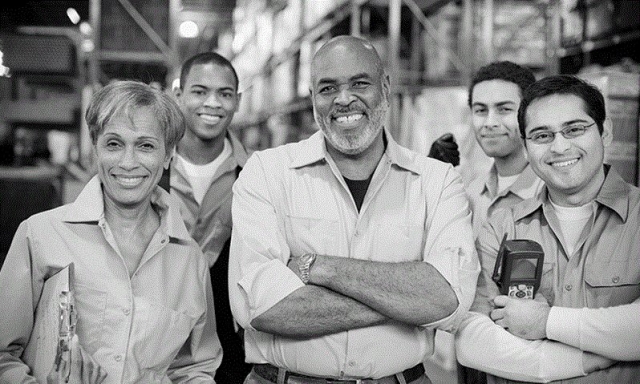5 Ways Managers Can Make the Performance Review Process Motivational

By Sharlyn Lauby
Organizations are focused on making changes to traditional performance management processes, in particular, the annual performance review. It’s completely understandable. The business world has changed, so the way we discuss performance has to change as well.
However, one of the criticisms of the “eliminate the performance review” trend is that the annual review serves a real purpose in the organization. Performance reviews provide feedback to employees. So instead of eliminating them, maybe we need to find ways elevate them.
Managers play a key role in the performance review process. They set the tone for the conversation to be disappointing or motivational. If your organization offers performance review training and resources to managers, it could make sense to offer some suggestions on ways managers can motivate employees during the process. Here are five ideas to get you started:
1. Every performance review is an opportunity to build trust
Maslow’s Hierarchy of Needs says that an individual’s most basic needs must be met before they become motivated to achieve higher levels. So, if we want employees to grow and become high-performers, then their most basic need – trust – must be met. Managers can build trust by being open, honest, and transparent.
2. Effective feedback improves performance
Designed by Hackman and Oldham, the job characteristics model is based on the idea that the job itself is the key to motivation. The work needs to be varied and interesting. And the way that people become excited and good at their jobs is by receiving specific and timely feedback about their work. Managers can give employees positive and constructive feedback to improve performance.
3. All performance isn’t money motivated, but don’t ignore rewards and recognition
Expectancy theory suggests that people will decide how to behave depending on the outcomes they expect as a result of their behavior. So, if employees value the expected reward, and they feel they can achieve the goal which will get them the reward, then they will exert the effort to get the reward. This means that managers have to set clear expectations about performance and rewards. It’s also important for manager to show support and confidence in the employee’s ability.
4. Employees want control over their work
David McClelland identified three individual motivators: achievement, affiliation, and power. Employees want to set their work goals and achieve them. They want to do work that has a purpose and aligns with the organization. Employees also want to have control over their work. Managers should set performance expectations, tell employees how their job impacts the bottom line, and allow employees to make mistakes as a way to master their skills.
5. Employee satisfaction is about the future
Herzberg’s Two-Factor Theory states there are factors that create employee satisfaction (e.g. motivators like challenging work, responsibility, personal growth, etc.) as well as factors that create dissatisfaction (e.g. hygiene factors such as poor working conditions, compensation and benefits, etc.). Organizations have to consider the hygiene factors they will offer employees now and in the future. They have to create work that’s exciting today and tomorrow.
Classic motivational theories can offer organizations insights they can use to ensure their performance review processes stay on track and give employees the motivation they need to propel to the next level. Managers can help employees become high-performers through effective relationship building, communication, recognition, and delegation. It’s not about eliminating pieces of the performance review process. Motivating employees is about using the traditional process in a new way.
Creating a smoother annual review process
The annual review process doesn’t have to be dreaded like it often has been for years by managers, employees and HR alike. If performance management is an ongoing dialogue in your organization, then the annual review won’t be full of surprise feedback and struggles to remember whathappened ten months ago. When the annual review does roll around, use these tips to help motivate employees and communicate the value of the annual review process to create a happier, smoother process all around.






